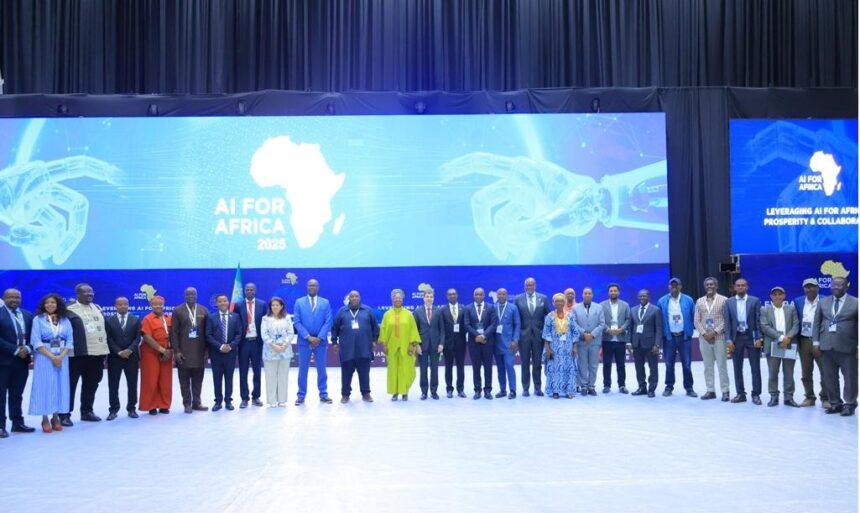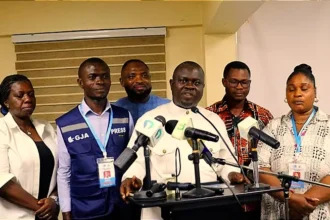The African Centre for Economic Transformation (ACET) is getting ready to start a new artificial intelligence (AI) policy program in 2025 that could change the way African governments make and carry out economic policy.
The project, “Exploring AI Solutions in Economic Policymaking in Africa,” is the first of its kind. Its goal is to see how AI tools can be used to improve fiscal and monetary policies.
It builds on a three-year research and policy project that ACET started in 2024. Now, it will grow into pilot programs with a few African countries. Togo and Malawi are the first two countries to join, and a third is expected to be announced soon.
ACET has made it clear that the political will, institutional readiness, and commitment to supporting digital infrastructure and capacity building are all factors in choosing pilot countries.
The program is not only about bringing in new technology; it is also about changing how governments make decisions. ACET thinks that African countries can become more data-driven and better able to deal with complicated economic problems by using AI in areas like tax policy, setting interest rates, government spending, and distributing subsidies.
This effort comes at a time when many African economies are still trying to recover from the pandemic, deal with rising debt levels, and cope with shocks from outside the continent. ACET sees AI as a chance for governments to move past old ways of doing things and create smarter, more flexible systems of governance.
A big part of the project is putting a lot of stress on ethics and inclusion. ACET is working on a full set of rules to make sure that AI tools are used safely, with protections for privacy, bias, data sovereignty, and public trust. Each pilot country will work with stakeholders like government ministries, researchers, and civil society to figure out the most important policy problems that AI can help with.
The program will utilize official and publicly available data, adhering to internationally recognized data protection guidelines. ACET is committed to making sure that this AI policy-making experiment is both new and focused on people.
ACET wants to build a bigger knowledge base for Africa, not just through individual pilot projects. During the three-year pilot phase, the group wants to write down real-life case studies, set up peer learning networks between governments, and come up with useful ideas that can be used all over the continent.
ACET hopes that the initiative will start a wave of AI-informed policymaking that goes beyond small-scale tests and becomes a normal part of how African leaders run their countries.
The timing of the project couldn’t be more important. The African Union made its own continental AI strategy and data governance frameworks in early 2025. This indicates that AI is now a top policy priority for the highest levels of African leadership.
At the same time, tech leaders and policymakers from around the world met in Kigali for the Global AI Summit. There, the African AI Council was created to help with infrastructure and governance efforts across the continent.
ACET’s program is very similar to these continental goals, but it stands out because it focuses on practical, country-level issues and is dedicated to building local capacity.
Those who observe the program believe it has the potential to transform the landscape. ACET’s method is based on the needs of African economies, unlike imported models that work for everyone. It stresses responsible innovation, makes sure that citizens’ voices are heard, and connects experiments directly to government bodies like central banks and ministries of finance.
The project promises to move AI from the lab to the legislature in a way that could set a precedent for other parts of the world by making it based on real policymaking instead of abstract theory.









